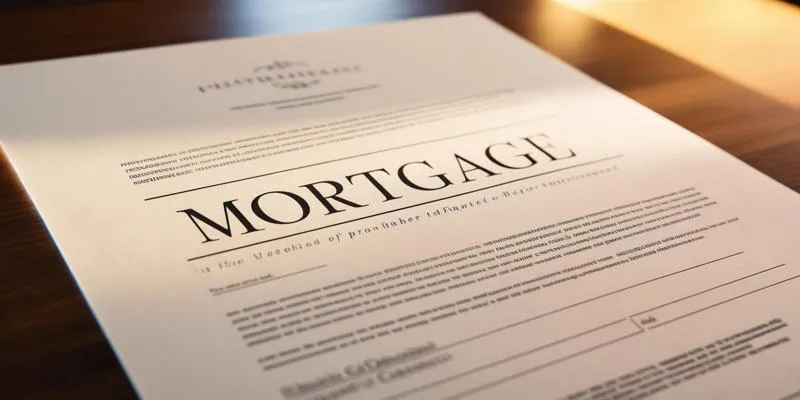Understanding Types of Mortgage Loans: Find Your Best Fit
Buying a home is a significant life decision that often involves securing a mortgage loan. With the variety of mortgage options available, choosing the right one can feel overwhelming. Whether you’re a first-time homebuyer or seeking to refinance, understanding the different types of mortgage loans is crucial for making an informed choice.

In this guide, we’ll break down the various mortgage options, helping you navigate to find the perfect fit for your home buying journey.
What are the Different Types of Mortgage Loans?
Fixed-Rate Mortgages
Fixed-rate mortgages are one of the most common types of mortgage loans. This loan type offers a stable interest rate throughout the loan’s life, typically spanning 15, 20, or 30 years. Homeowners favor fixed-rate mortgages for their predictable payments, ensuring your monthly payment remains unchanged regardless of market fluctuations.

If you’re planning to stay in your home for the long term, a fixed-rate mortgage might be ideal for you. However, they often come with higher initial interest rates compared to adjustable-rate mortgages (ARMs), so consider your long-term financial plans when making this decision.
Adjustable-Rate Mortgages (ARMs)
Adjustable-rate mortgages (ARMs) differ from fixed-rate mortgages as their interest rates fluctuate based on market conditions. ARMs generally offer lower initial interest rates, making them appealing for those looking to save money in the early years of their loan.
Bear in mind, the interest rates on ARMs aren’t fixed, so your payments may increase over time. Typically, ARMs start with a fixed interest rate for an initial period (like 5, 7, or 10 years), after which the rate adjusts periodically. There’s usually a cap on how much the rate can increase, but ARMs carry a degree of risk, especially if you plan to stay in your home long-term.
FHA Loans
FHA loans, backed by the Federal Housing Administration, are tailored for lower-income and first-time homebuyers. These loans offer more lenient credit score requirements and lower down payment options—sometimes as low as 3.5%. This makes homeownership more accessible for those without significant savings.
However, be aware that FHA loans require mortgage insurance, which adds to your monthly payments. Additionally, there are limits on these loan amounts depending on your region, which might not suit buyers of more expensive homes.
VA Loans
VA loans, backed by the U.S. Department of Veterans Affairs, cater to veterans, active-duty military, and eligible surviving spouses. They offer numerous benefits, including no down payment and no mortgage insurance, making homeownership more attainable for military personnel.
The primary advantage of VA loans is the ability to buy a home with little to no money down. They also feature lower interest rates and more flexible credit requirements than conventional loans. However, VA loans include a funding fee, which can be rolled into the loan amount and varies based on factors like down payment size and loan usage frequency.
USDA Loans
The U.S. Department of Agriculture (USDA) provides loans for eligible rural and suburban homebuyers who meet certain income criteria. USDA loans aim to promote homeownership in less urbanized areas, offering benefits such as no down payment and low mortgage insurance costs.

USDA loans can finance 100% of the home’s purchase price, meaning no down payment is necessary. These loans typically have lower interest rates, but the property must be in an eligible rural area, and income requirements must be met, which may limit eligibility.
Conventional Loans
Conventional loans are not insured or guaranteed by the government and are typically offered by private lenders like banks and credit unions. They can be conforming or non-conforming, with conforming loans adhering to guidelines set by entities like Fannie Mae and Freddie Mac.
These loans often require a higher credit score and larger down payment compared to government-backed loans. However, they offer greater flexibility in loan amounts and potentially better interest rates for those with strong credit profiles. In high-cost areas, a non-conforming loan might be necessary, although these usually come with higher interest rates and stricter qualifications.
Conclusion
Choosing the right mortgage loan is a vital step in the home buying process. Each type of loan has distinct advantages and requirements, so carefully consider your financial situation, long-term goals, and eligibility before making a decision. Fixed-rate mortgages offer stability, while adjustable-rate mortgages provide short-term savings but come with future risks.
For more insights on home buying, check out our homebuying tips blog.
Remember, understanding your options is the first step to making the best choice for your future home.











